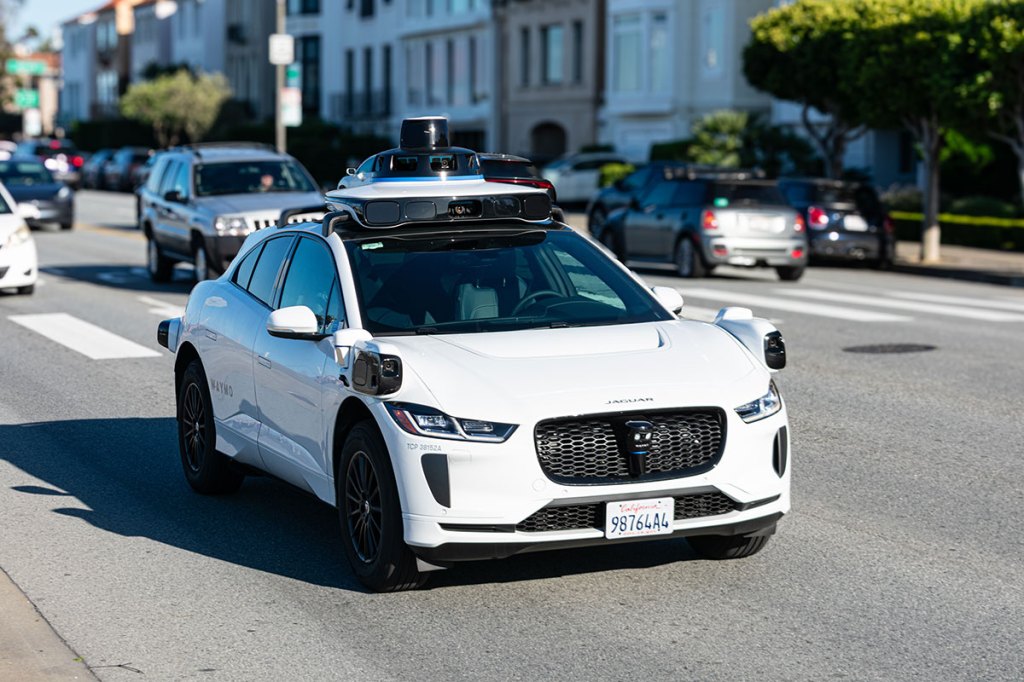Londoners could soon be hailing a cab without a driver behind the wheel, according to autonomous taxi firm Waymo.
The US company announced plans to launch services in the UK capital in spring 2026, which will make London the first European city to get driverless taxis.
Waymo plans to start trialling their vehicles on London’s roads with trained human safety drivers within weeks, before launching without a driver as soon as legislation allows next year.
The firm already operates self-driving taxis in San Francisco, Phoenix, Los Angeles, Atlanta, and Tokyo.
UK companies Uber and Wayve have also revealed plans to trial driverless cars in the UK.
What’s the law on self-driving cars?
The government is currently drafting legislation and recently held a consultation with the public and industry to help shape self-driving vehicles law. They’ve fast-tracked a commitment to allow a pilot of self-driving passenger vehicles in spring 2026 ahead of the full legislation being implemented in the second half of 2027.
Safety, innovation, regulation, and accessibility requirements will be at the heart of new laws.
What’s coming next?
Self-driving taxis, private hire vehicles, and bus services are expected to be on the road by spring 2026.
These will be pilot programmes ahead of the Automated Vehicles Act 2024, which is expected to be implemented at some point in late 2027.
Back in July, Future of Roads Minister, Lilian Greenwood, said: “Self-driving vehicles are one of the most exciting opportunities to improve transport for so many people, especially those in rural areas or unable to drive. We want to work with passengers and industry to make this new form of transport safe and accessible, as we take our next steps towards adoption.
“This technology doesn’t just have the potential to improve transport for millions of people. It will help stimulate innovation, create thousands of jobs, and drive investment to put more money in people’s pockets – all part of delivering our Plan for Change.”
What could autonomous vehicles mean for small businesses?
A boost for transport in rural areas and more accessible travel are the key benefits the government is highlighting when it comes to self-driving vehicles.
They’ve also highlighted the potential for this new technology to create 38,000 jobs and unlock a £42 billion industry, and this could open up opportunities for small business contracts.
And while some people are skeptical about whether ‘robotaxis’ and other self-driving cars will catch on, here are just a few ways they might change the way small businesses operate:
- supporting with delivery services
- operating as a mobile shop for your products
This example from Miami explored how a florist, dry cleaning services, and a boutique pet care shop could use a self-driving delivery service to help their businesses thrive. And while we may be a way behind that in the UK, it could be interesting to see where the technology goes next – and if legislation and people can keep up.
Small business guides
- How to write great ChatGPT prompts for your business
- Four scams that target small businesses
- Free VAT calculator for small businesses
- Is business insurance a legal requirement?
Looking for small business insurance?
As one of the UK’s biggest business insurance providers, we specialise in public liability insurance and protect more trades than anybody else. Why not take a look now and build a quick, tailored quote?
